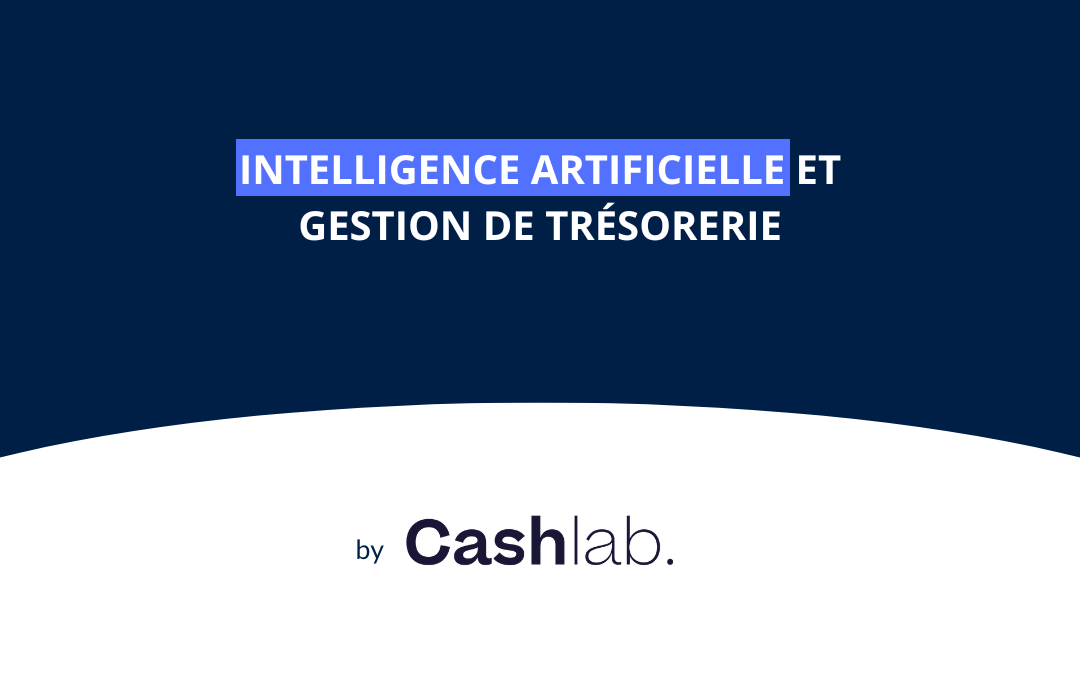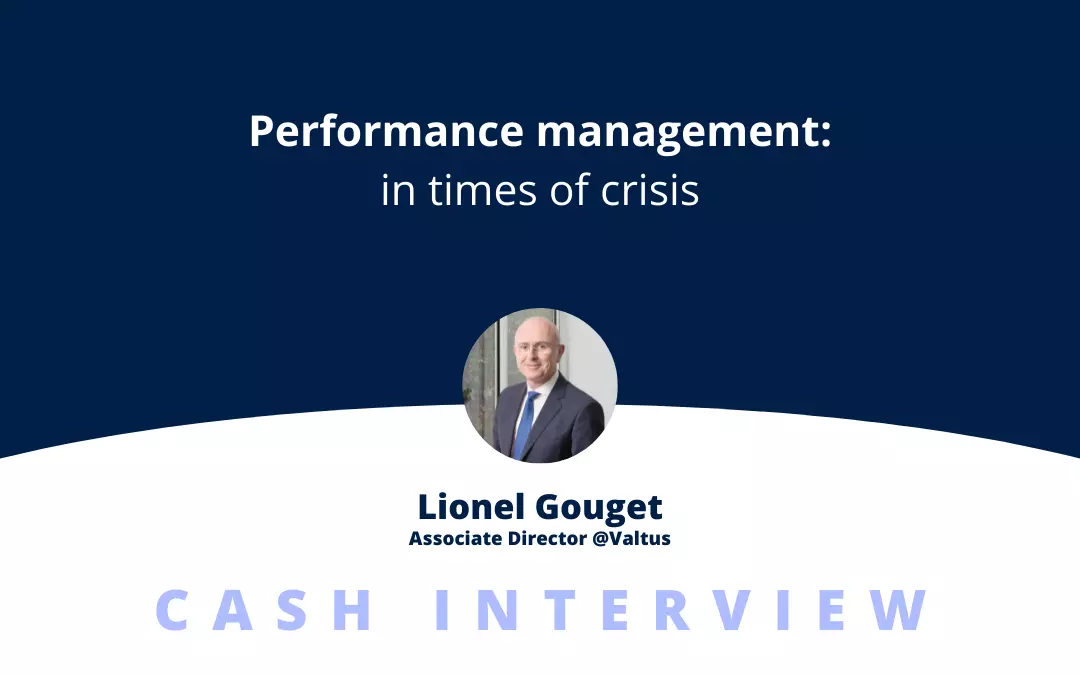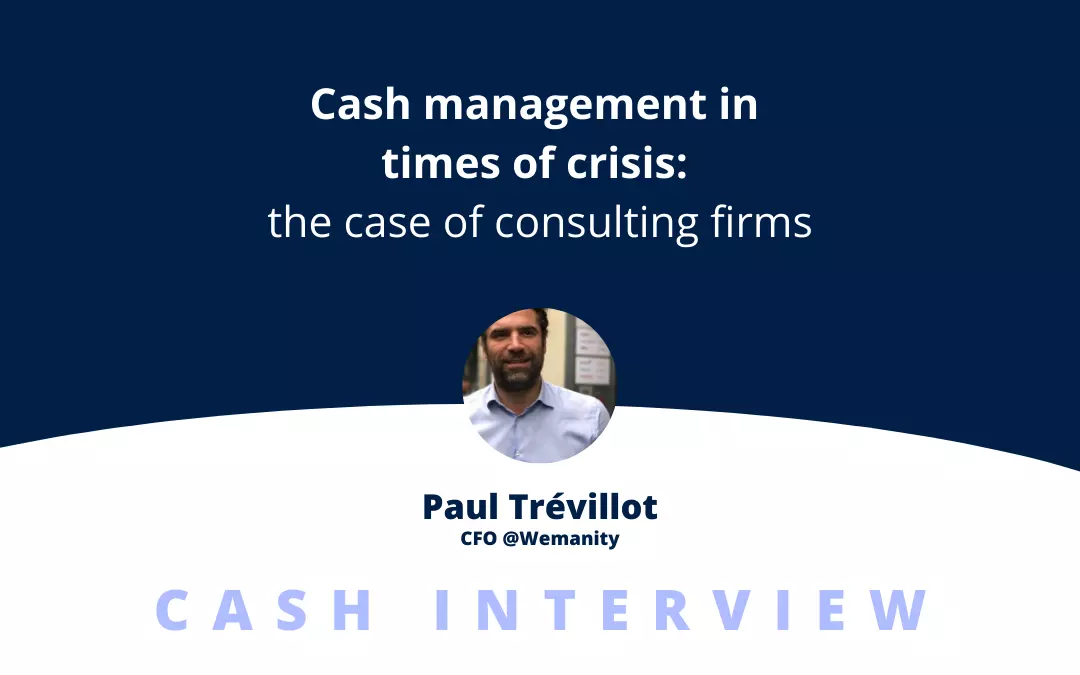Artificial intelligence has proven itself in many fields. The Council of Europe defines it as "a discipline [...] whose goal is to have a machine imitating the cognitive abilities of a human being". But do you know how it can help you in your Cash management?
We have heard a lot about the digitalisation of the finance function with the use of different software (TMS, ERP, BI...) in recent years. Now it's the turn of AI and its different levels of automation to be used by treasurers.
We will see how these existing technologies can be applied to treasury, and more specifically to Cash flow forecasting.
The evolution of artificial intelligence
Artificial intelligence (AI) requires high quality and easily accessible data. In order to make good use of it, it needs to be collected, consolidated and cleansed.
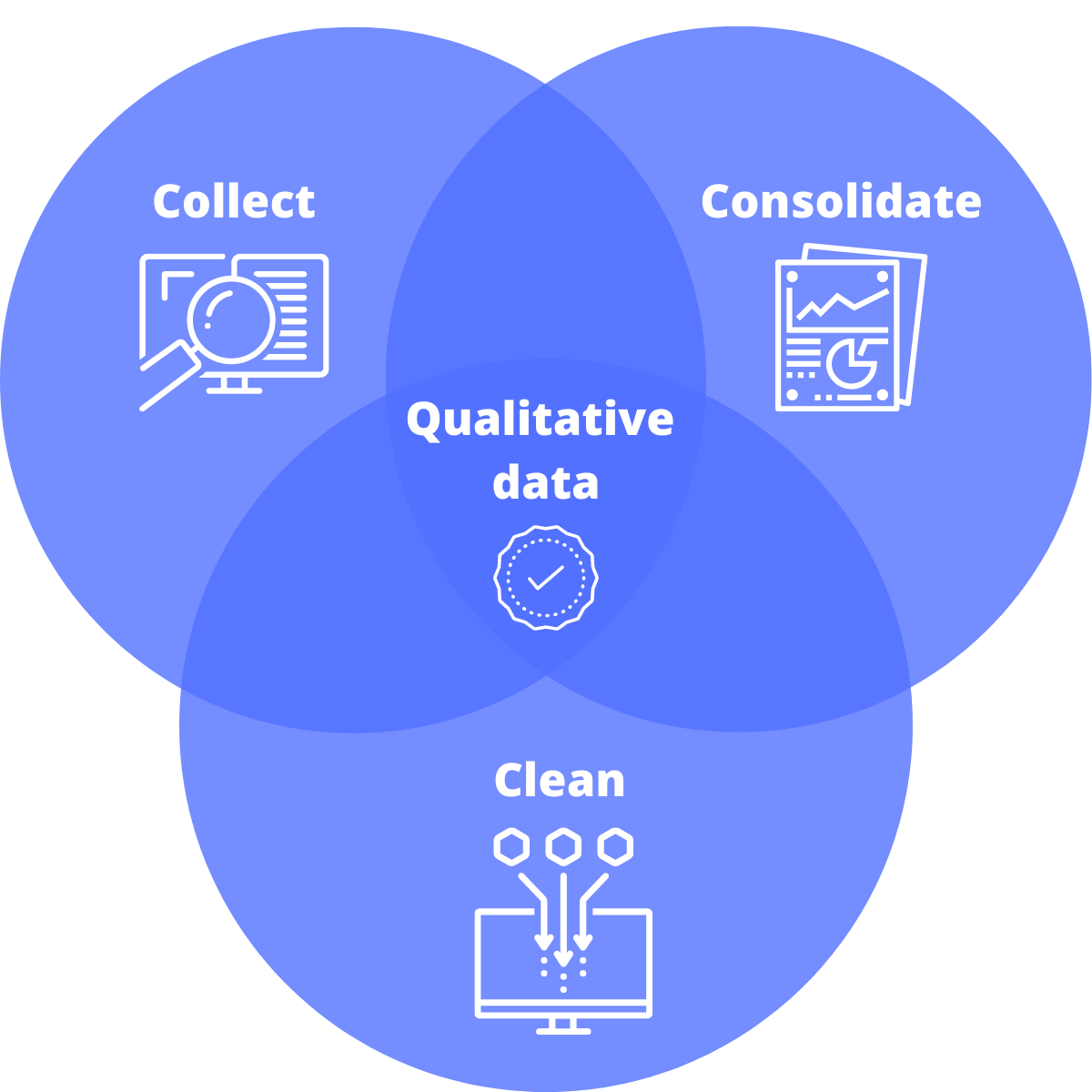
Today, a large amount of data is collected, without being properly processed. Indeed, human beings are not able to manage so much data. This is where AI comes in.
There are different branches of artificial intelligence, including machine learning and deep learning.
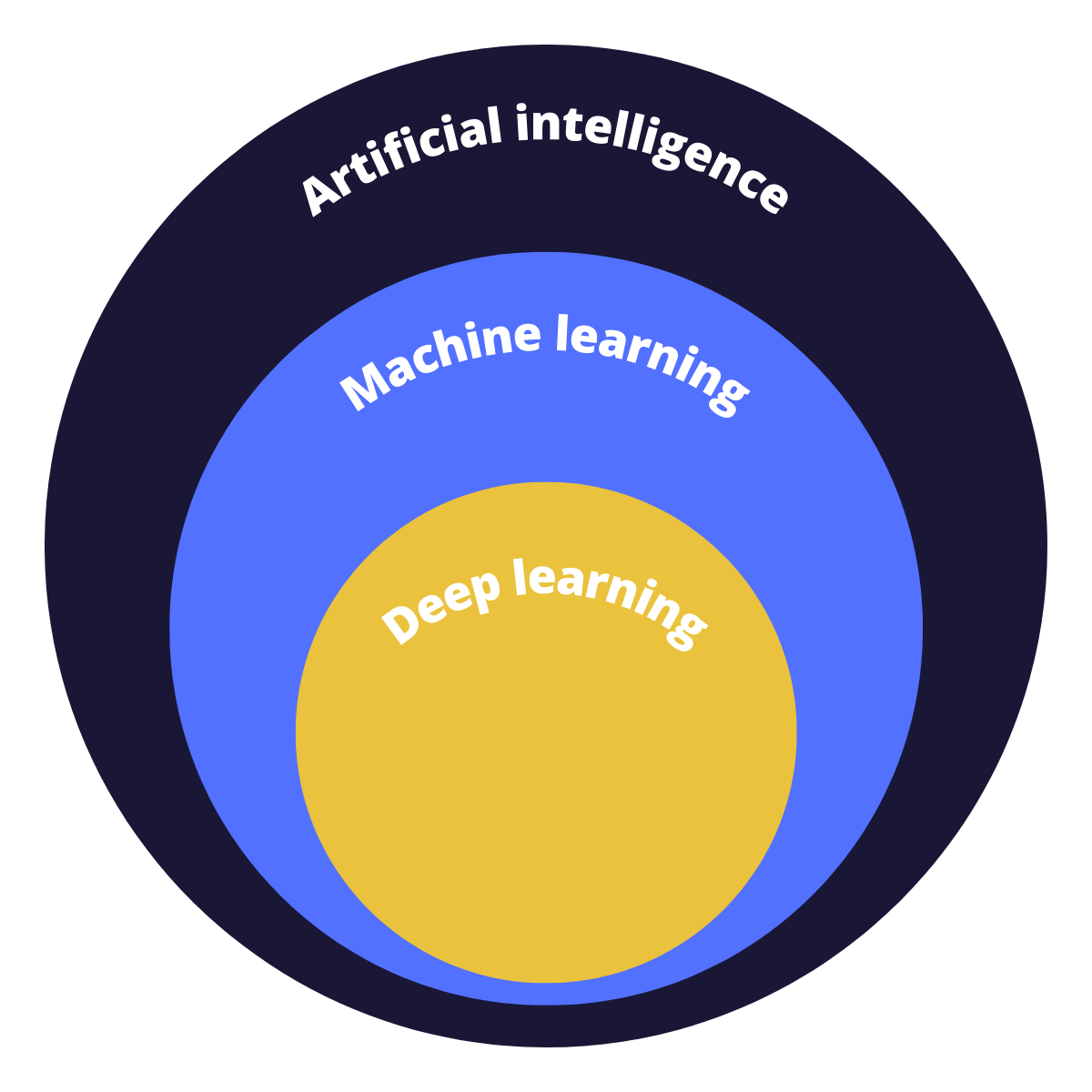
What is machine learning?
Machine learning is an automatic learning that identifies patterns. An algorithm learns on its own, by analysing a volume of data that a human being could not process.
Thanks to this, the algorithm can make predictions, and therefore forecasts.
Qu’est-ce que le deep learning ?
Deep learning is even more complex than machine learning. It is an autonomous learning with algorithms that evolve the processing of data. The algorithm learns in stages, also called layers. Deep learning is composed of an artificial neural network organized in layers. At each step, the algorithm will take into account a new characteristic of the data. For example, if we want to teach the algorithm to recognise dogs, it will evaluate each characteristic one by one. At each step, it will take into account the previous one and will be able to absorb a large amount of data.
Forecasting Cash flow with AI
So, what role does artificial intelligence play in Cash management?
As you will have understood, artificial intelligence allows you to process a large volume of data quickly. While automating more and more the learning process. The more data the algorithm absorbs, the more it will learn to analyse autonomously.
In the context of the finance function, AI supports financiers by taking over time-consuming tasks. One example is the automation of accounting data processing. It can rely on data from TMS, ERP and BI to analyse historical flows and improve its learning. The same applies to banking data and the analysis of historical transactions.
Artificial intelligence data processing allows:
- Better visibility into Cash receipts and disbursements. As a result, the financier can identify the company's financing needs.
- A better management of the fixed Cash . Depending on the trends or seasonality identified, the Cash can be optimised by investing it in other activities for example.
- The study of the company's solvency to choose the best credit lines. This will allow them to make the right decisions while reducing risks.
More globally, AI allows to improve Cash flow forecasts and to optimise the resulting actions.
What to remember?
L’intelligence artificielle se révèle être un précieux allié des directions financières. Elle permet aux équipes de gagner du temps dans leurs opérations quotidiennes. Ainsi qu’à améliorer des processus déjà en place.
But beware: you have to take into account the limits of AI. Based on historical data, its forecasts must be put into perspective in the face of unforeseen events (COVID-19, war in Ukraine, etc.).
Hence the need for human control.
The involvement of business experts remains necessary in the use of artificial intelligence. Its goal is to help financiers make faster, more informed decisions. AI takes care of time-consuming activities with low added value, to revalue the finance function.
L’application des nouvelles technologies à la gestion de trésorerie représente l’: the future of the finance function.
In the meantime, discover how our tool facilitates Cash management.
Article written by Eléonore Berne, on 11/07/2022.
Performance management in times of crisis
Interview with Lionel Gouget, Former CFO at 5àSec who has just joined Valtus as Associate Director. He shares with us his experience of setting up a
2021, Cash Management is a sustainable part of financial management
The priorities for CFOs in 2021 were unveiled at the latest DFCG Financium. The year 2020 that we have experienced has put financial indicators for cash management on the podium.
Cash management in times of crisis: the case of consulting firms
Cash management in times of crisis as seen by Paul Trévillot, CFO at Wemanity. Interview with a crisis management consulting firm.
![]()
📍1, rue des Prouvaires
75001 Paris
Follow us:
©2023 All rights reserved. | Cashlab | Legal Notice

